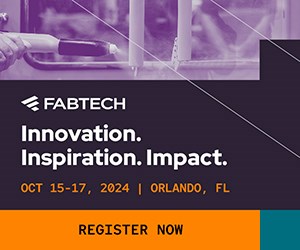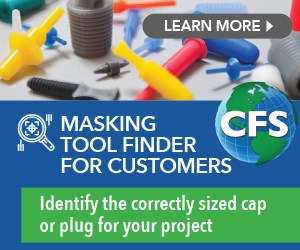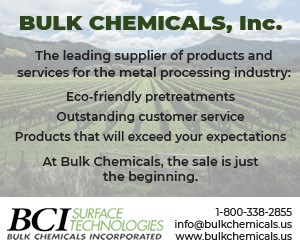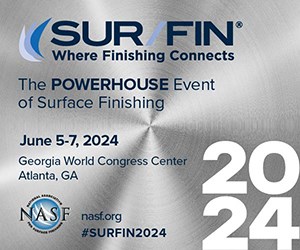OSHA Awaits Final COVID Vaccine Rule Review from White House
COVID Emergency Temporary Standard May Be Extended Beyond Healthcare.
OSHA has recently reconsidered the need for a broader COVID-19 emergency temporary standard (ETS) applicable beyond just the healthcare sector. President Biden’s recent decision to use a new COVID ETS focused on vaccinations and testing as a central element of his newly unveiled COVID-19 Action Plan raises a host of challenges for employers across the country. OSHA has moved quickly and the agency’s ETS was sent to the White House for rule review, hearing from outside industry and other groups, and for final regulatory approval.
OSHA has been expected to receive the ETS rulemaking package for release any time, and issuance in the coming days – early November – is anticipated.
Unlike the Executive Orders for federal employees and contractors and the expanded scope to healthcare workers (which included a fair amount of detail about how they would be implemented), the President’s announcement and new Action Plan about the OSHA ETS for general industry were essentially bare bones, with almost no detail about what will be in the ETS and how it will operate.
Critical Questions Need Answers
For example, the announcement did not provide specific direction or information to answer several critical questions regarding the scope and implementation of the ETS for general industry, including the following.
- How do employers count the 100-worker threshold (by establishment or company-wide, how do you count temp, part-time, and seasonal workers, does it count remote/telework staff, etc.)?
- Who pays for the testing program (employers or employees)?
- If employers have to pay for testing, is it just for the test kits, or also employees’ time getting tested?
- Under a work-required vaccine program, will days away for adverse effects of the vaccine have to be recorded on employers’ 300 Logs?
- If the FDA approves booster shots for the general population, will a booster shot be required to consider an employee fully vaccinated?
- Does the rule account in any way for natural antibody immunity for employees who have been infected and recovered from COVID-19?
- Assuming employers have to pay for time to get vaccinated and recover from ill effects of the vaccine, is there a limit to how much time?
- What type of test will be acceptable for the testing program?
- What documentation will be required to verify vaccination and testing status, and will employers have to keep those records, as employee medical records, for the life of employment + 30 years?
- Will there be time for the ETS to go into effect, or will testing be required for employees who are willing to get vaccinated until they can get vaccinated?
- Will there be conditions that could result in the ETS being shelved?
- If we achieve a 100% fully vaccinated workforce, can we dispense with all of the other COVID-19 protocols (i.e., distancing, masks, pre-work screening, etc.)?
- How will the rule intersect with the ADA/Title VII requests for medical and religious exemptions?
Industry needs these answers to determine how it may be impacted by the ETS. For several reasons, industry may have a great opportunity to provide meaningful and impactful comments on the ETS rulemaking.
First, the career staff at OSHA did not have advanced notice of the President’s announcement, so there was no foundational work on a draft rule and staff may not be as personally invested on any particular provisions or issues.
Second, this ETS would provide cover to employers who have wanted to set vaccine mandates, but were reluctant to do it unless or until others did the same (i.e., to help alleviate concerns about losing workers to neighboring businesses that had more relaxed COVID-19 policies).
Accordingly, the White House and OSHA have been viewed as open to specific input from industry about how best to implement the ETS for general industry.
NASF has continued to work closely with industry trade groups and coalitions to help shape the Administration’s COVID policies and ETS and the potential impacts on the surface finishing industry.
If you have any questions or would like additional information on these developments regarding COVID in the workplace, please contact Christian Richter or Jeff Hannapel with NASF at crichter@thepolicygroup.com or jhannapel@thepolicygroup.com.
This update is courtesy of the National Association for Surface Finishing (NASF). For more information or to become a member, visit nasf.org.
Related Content
PFAS in Surface Finishing: Where is it Going?
Regulation of PFAS chemicals continues to increase — here are some steps finishing operations can take to prepare.
Read MoreHexavalent to trivalent chromium — the environmental benefits
Regulatory pressures to switch from hexavalent chromium to trivalent alternatives are a growing concern for many finishing operations. In this Products Finishing Ask the Expert clinic, Brittany McKinney of Pavco discusses the environmental considerations driving these regulations.
Read MoreCleaning, Pretreatment to Meet Medical Specs ISO 13485 or FDA 21 CFR820
Maximilian Kessler from SurTec explains new practices for industrial parts cleaning, metal pretreatment and decorative electroplating in the medical device industry.
Read MoreEPA Proposes Information Collection Request for Surface Finishing PFAS Water Discharge Rule
NASF releases regulatory alert on EPA information collection request for PFAS wastewater discharge rule.
Read MoreRead Next
The 2024 Ford Mustang: All the Colors Available
Although Chevrolet has announced the end of the Camaro and Dodge is offering “Last Call” editions of the Charger and Challenger, the Ford Mustang is launching to its seventh generation.
Read MoreEpisode 42: An Interview with Robin Deal, Hubbard-Hall
Hubbard-Hall wastewater treatment specialist Robin Deal discusses the latest trends in wastewater management.
Read MorePowder Coating 4.0: Smarter, Faster, More Efficient and Connected
New tools reduce cost and waste, lower manufacturing footprint of powder coating operations.
Read More

























